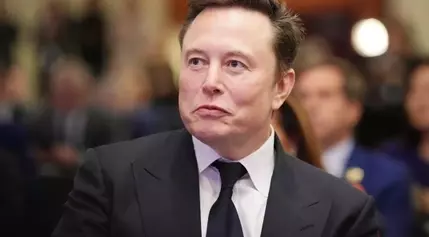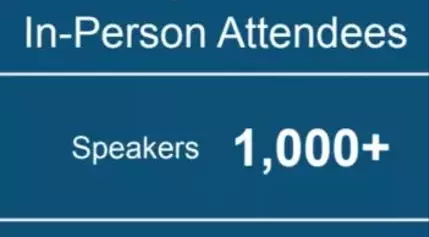News

The Biden administration is likely to grant California the go-ahead to implement its aggressive rule aimed at phasing out gasoline-powered cars. This decision sets the stage for a potential conflict between the state and the incoming Trump administration. California's Advanced Clean Cars II regulation demands that automakers sell an increasing percentage of electric vehicles, with the aim of effectively banning the sale of new gas cars by 2035. Under the Clean Air Act, the state is permitted to set stricter auto pollution standards than the federal government. However, each new regulation requires a waiver from the EPA.
Washington Post's Revelation and EPA's Response
The Washington Post reported on Friday that the EPA plans to issue the waiver as early as this week. The agency's spokesperson, Nick Conger, informed POLITICO's E&E News that the EPA is still carefully reviewing the California regulation to ensure that its decisions are both durable and in line with the law. This move by the EPA has sparked significant discussions and potential ramifications within the automotive industry.President-elect Trump's Stance
President-elect Donald Trump has firmly pledged to block the California regulation. His stance is likely to receive support from many automakers who may have concerns about the rapid transition to electric vehicles. This decision could potentially reopen old divisions within the car industry, as different stakeholders weigh the benefits and challenges of the shift towards electric mobility.Impact on the Car Industry
The potential blocking of California's regulation by the Trump administration, along with his plans to curtail federal EV incentives, could have far-reaching effects on the car industry. Automakers will need to carefully consider their strategies in the face of these changes. On one hand, there is the growing demand for electric vehicles driven by environmental concerns and technological advancements. On the other hand, there are the practical considerations and potential financial impacts on the industry. This situation presents a complex dilemma for automakers as they navigate the transition to a more sustainable future.Future Prospects and Uncertainties
The outcome of this conflict between California and the federal government remains uncertain. It will depend on various factors, including the final decision of the EPA, the actions of the Trump administration, and the responses of automakers. The future of the auto industry hangs in the balance as it grapples with the challenges and opportunities presented by the shift towards electric vehicles. Whether this will lead to a more unified approach or further fragmentation within the industry remains to be seen.




































































































